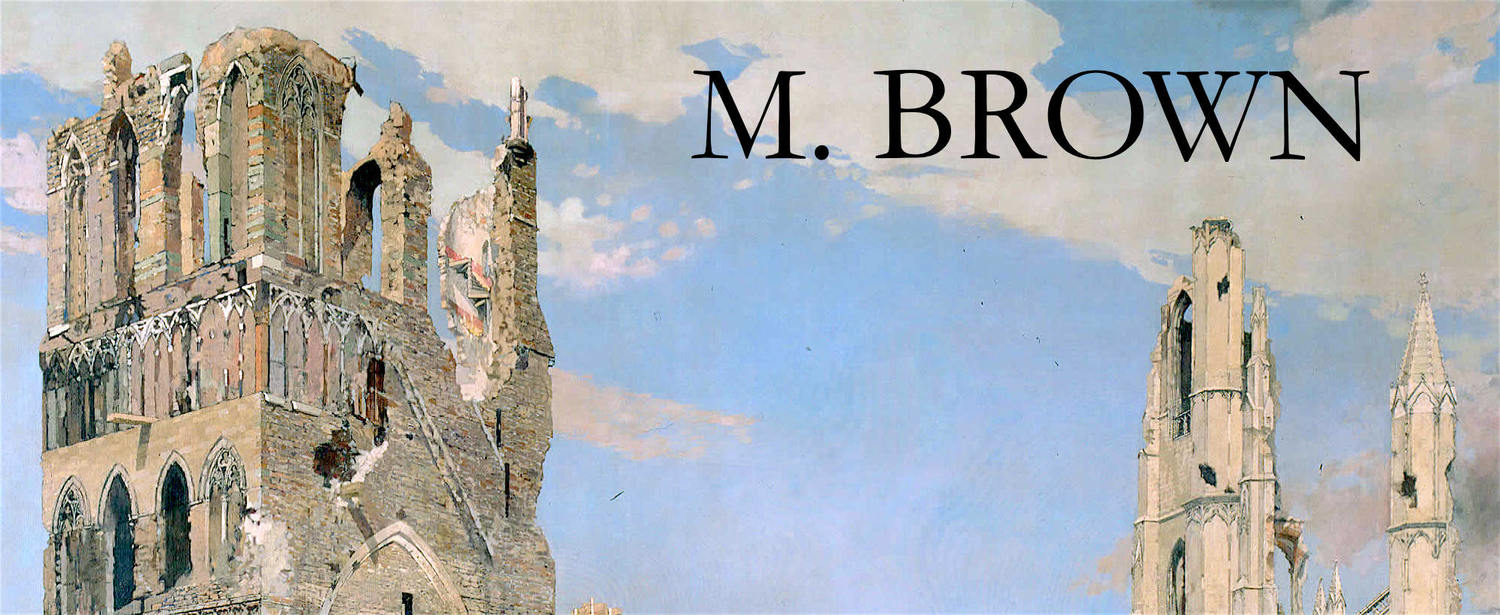Drunkard on an Egg (1592)
P. Brueghel the Younger, ca. 1590s. Illustration of a Dutch proverb (“the drunkard will end up in an empty eggshell”).
Two geese loiter
as in hope of crumbs
near the doorway
of a big thatched roof
low country farmhouse
from which a woman
wearing a white apron
and bonnet appears
out of interior dark
carrying a tray.
In the foreground
hogging the roundel
and seeming to obstruct
the path to the house
is a man in garish
red tunic straddling
what looks at first glance
to be a giant boulder
of igneous rock.
His tunic the reddest
hue in the painting,
pantaloons the flaxen
shade of his skin
and codpiece neatly
slip-tied with golden
cord to his belt.
His eye unfocused
but open, staring up
to the overcast morning
with rodent-like head
tilted back, dramming hard
from a pewter mug
blueish streaked either
with verdigris or perhaps
light from behind the viewer
where the cover of cloud
has broken revealing
a thumbsmudge of sky.
How the fabric is shorn
on the hood of his cape
and frayed out like
the ears of a boar
or ass. And the crack
in what the title recalls
is not rock but egg
gives like a window
into night. But one isn’t
sure to think it dark
when still unhatched
and light’s never seen
past the shell. There
in the hole, the same face
floats in the glair
of the man straddling
the egg above, ass-eared
hood up in paler red, blankly
gazing on the codpiece
about to burst its coin
like he too has let
his eyes unfocus into
feeling, finally realizing
now that it’s all over
or soon to begin again
and egg become
the rock it looks to be
what a fool he was.

